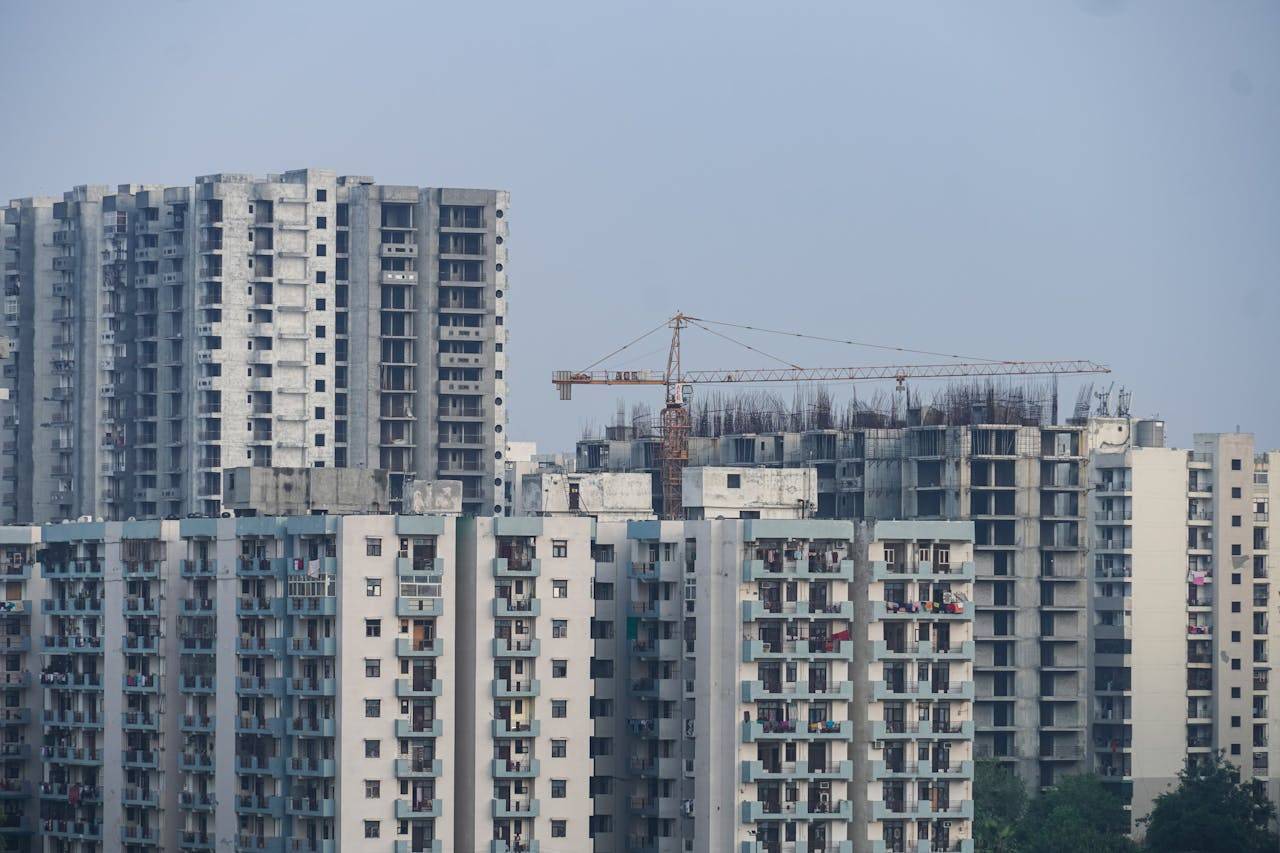Bengaluru is witnessing growing distress among senior citizens attempting to obtain e-Khata documents for properties purchased by their children settled abroad. The mandate by the Greater Bengaluru Authority (GBA) requiring Aadhaar identification for property registration has left many families of Non-Resident Indians (NRIs) in a bind, since Aadhaar is not available to those who are foreign citizens.
Several senior citizens have reported being unable to complete the e-Khata process, despite having long fulfilled tax and ownership obligations. Traditionally, documents such as PAN and property tax records were accepted to establish ownership and ensure compliance. However, the GBA’s digital portal now accepts only Aadhaar, creating a barrier for properties purchased by NRIs for their families.
Officials insist that the system has been centrally designed, and local revenue staff have little flexibility to accept alternative proofs. This has forced many elderly residents to repeatedly visit offices, without a resolution.
One case that underscores the issue is that of an 80-year-old resident of RT Nagar, who purchased a flat two decades ago with the help of his son, now a US citizen. While the property has clear tax records and a PAN number, his son’s absence of Aadhaar has made it impossible to process e-Khata. The resident explained that the online system blocks the application midway, refusing to validate entries without Aadhaar. Despite months of visits to Janasevakas and the GBA’s revenue department, no solution has been offered.
In another instance, a retired banker from Srirampura reported being denied e-Khata for his daughter’s investment in Bengaluru property, made ten years ago before she became a US citizen. Though the family has provided all conventional documents, the Aadhaar condition has stopped the application from proceeding. The retired banker expressed concern that senior citizens who invested through their children are now being penalised unfairly.
Senior citizen groups and residents’ associations have flagged the issue with civic authorities. Their demand is for the acceptance of alternate identity proofs for NRI property owners, such as PAN, passport, or Overseas Citizen of India (OCI) cards, which are already used for tax and compliance purposes.
They argue that Aadhaar is meant for residents of India, and extending its mandatory requirement to foreign citizens is neither practical nor logical. By making Aadhaar compulsory, the process excludes a large number of legitimate property owners who have invested in Bengaluru’s real estate market.
While the Bruhat Bengaluru Mahanagara Palike (BBMP) revenue department acknowledges the difficulties, officials maintain that they are bound by the GBA’s software framework. According to a senior official, only the chief commissioner or revenue commissioner of GBA has the authority to revise the system’s design. Until such changes are implemented, field offices have no discretion to accept other forms of identification.
This stance has frustrated applicants, who feel that responsibility is being shifted rather than solutions being provided.
The issue has implications beyond individual cases. Bengaluru has historically attracted NRI investments in its housing sector, with many children purchasing homes for their parents or as long-term assets. If the Aadhaar mandate remains unchanged, families could face prolonged disputes over property documentation, potentially discouraging further investments.
Legal experts also warn that mandating Aadhaar for NRIs could open the door to litigation, as it conflicts with central rules that clearly restrict Aadhaar to Indian residents. This could delay property transactions, complicate inheritance procedures, and burden senior citizens with additional stress.
Urban governance experts suggest that Bengaluru authorities need to align digital systems with the realities of property ownership among NRIs. Allowing alternate IDs, introducing exemptions for senior citizens, or creating a dedicated module for NRI-linked properties could provide relief.
Until then, many senior citizens remain stuck in procedural limbo, unable to complete formalities despite clear ownership and tax compliance. For them, what should have been a straightforward administrative task has turned into a prolonged struggle, highlighting the gap between digital governance ambitions and on-ground realities.









.png)